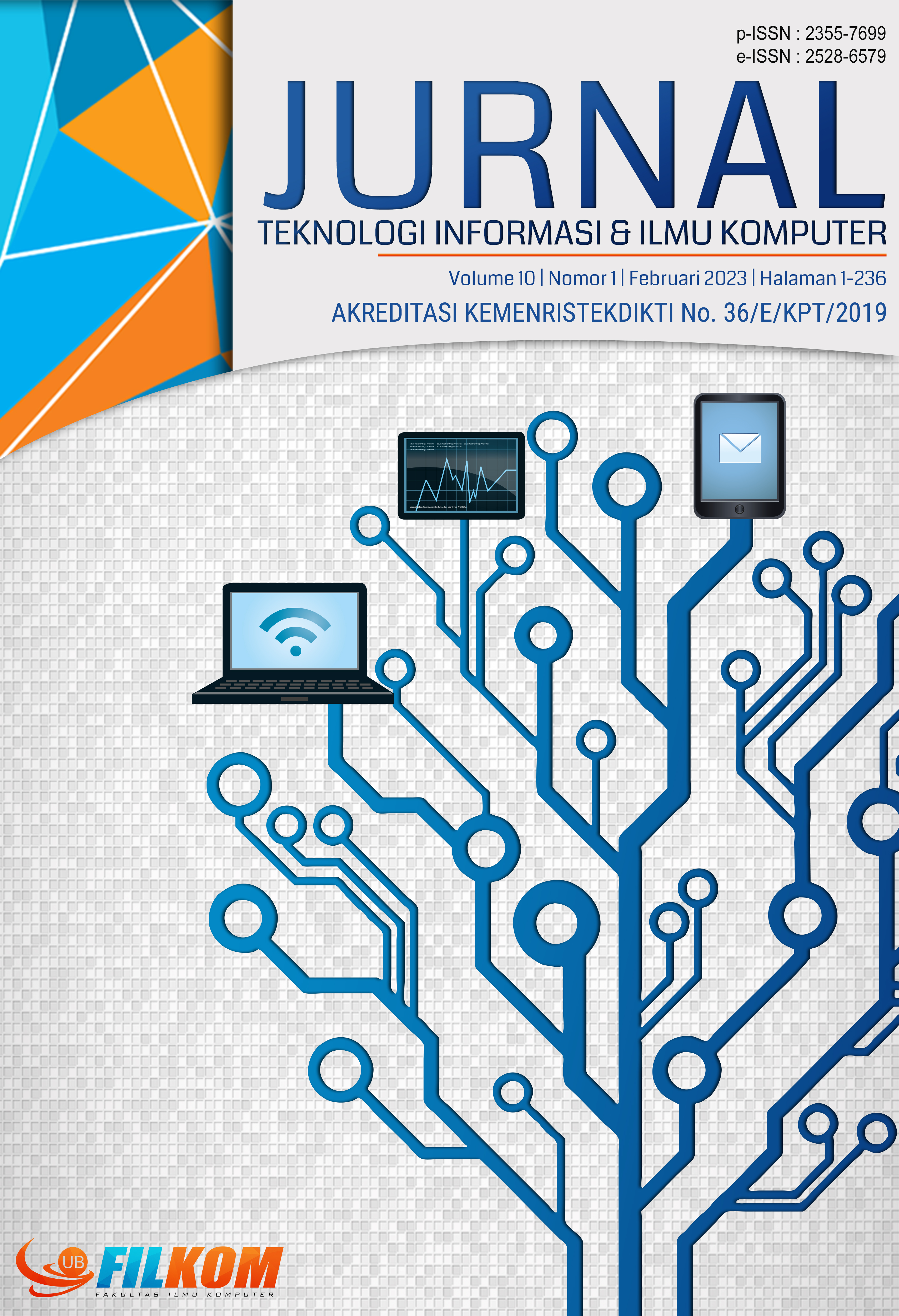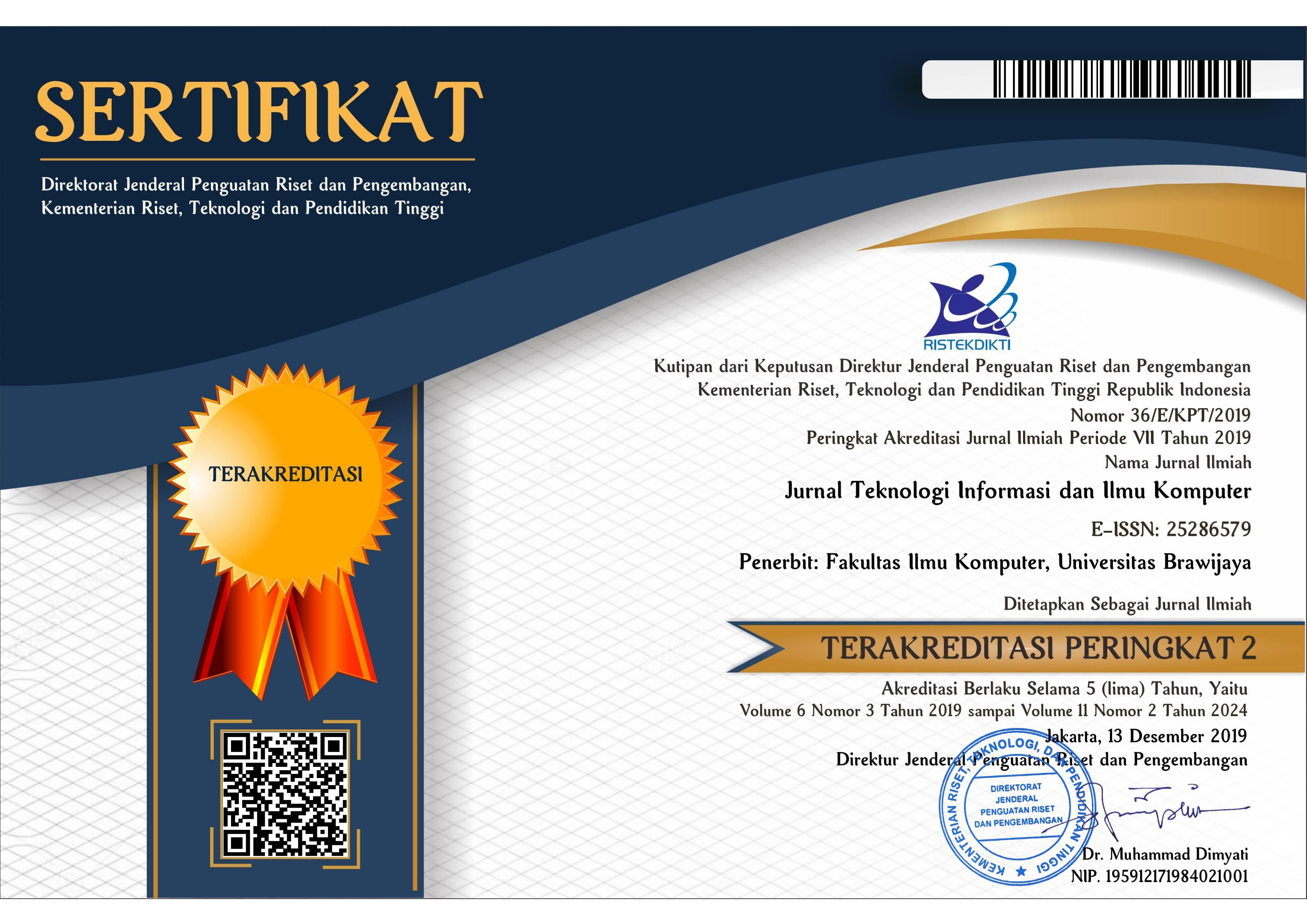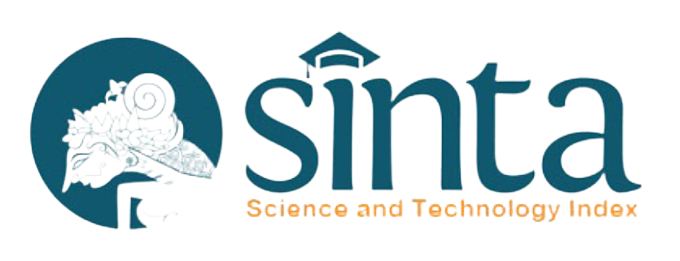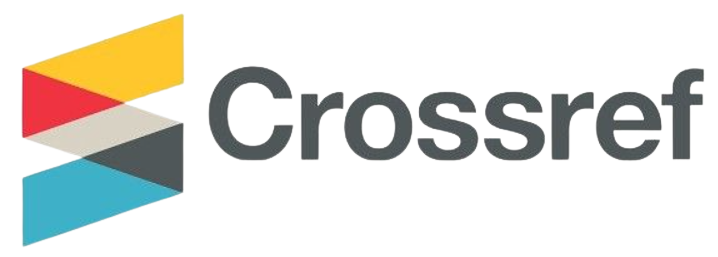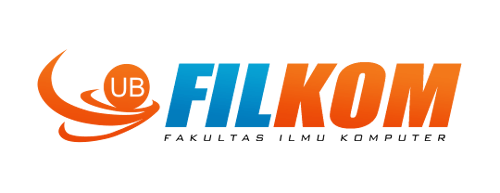Keterlibatan Stakeholder Pada Strategi TI; Studi Pemetaan Sistematis
DOI:
https://doi.org/10.25126/jtiik.2023105771Abstrak
Mempelajari stakeholder bertujuan untuk menjelaskan bagaimana perusahaan memperlakukan stakeholder mereka dan dampak pilihan yang dibuat terhadap kinerja perusahaan secara keseluruhan. Mempelajari strategi stakeholder telah dilakukan pada berbagai bidang. Namun, penelitian sebelumnya kebanyakan pada bidang industri dan management, hanya ada sedikit literatur yang membahas menyeluruh analisis stakeholder pada teknologi informasi utamanya pada strategi TI. Padahal pada teknologi informasi (TI), manfaat keterlibatan stakeholders digunakan sebagai dasar konseptual untuk mengembangkan rencana teknologi. Berdasarkan keadaan yang ada, tujuan dari paper ini adalah untuk membuat peta sistematis berdasarkan literatur dari lima tahun terakhir yaitu periode 2017-2021. Review literatur yang digunakan berasal dari database jurnal internasional yaitu Emerald, Elsevier, Tandfonline, dan springer dengan pencarian berdasarkan tahun, bidang, dan jenis literatur yang digunakan yaitu jurnal. Berdasarkan hasil pencarian, selanjutnya diseleksi jurnal yang berfokus dapat menjawab pertanyaan penelitian. Adapun Pertanyaan penelitian yang digunakan adalah menjawab peran keterlibatan stakeholder dalam strategi teknologi informasi dan implementasi stakeholder pada masing-masing area TI. Selain menjawab pertanyaan penelitian paper ini juga melakukan klasifikasi literatur yang didapat menurut fokus yang berbeda, yaitu demografi jurnal penelitian dan jenis stakeholder yang digunakan. Hasil dari paper ini diharapkan dapat berkontribusi dalam merumuskan peran stakeholder dalam strategi TI dan mengidentifikasi faktor implementasi yang harus diperhatikan dalam strategi TI.
Abstract
Studying stakeholders aims to explain how companies treat their stakeholders and the impact of their choices on the company's overall performance. Learning stakeholder strategies has been carried out in various fields. However, previous research has primarily been in the areas of industry and management; there is little literature that discusses a thorough stakeholder analysis on information technology, especially in IT strategy. Whereas in information technology (IT), the benefits of stakeholder involvement are used as a conceptual basis for developing technology plans. Based on the existing circumstances, this paper aims to create a systematic map based on the literature from the last five years, namely the period 2017-2021. The literature review comes from a database of international journals, namely Emerald, Elsevier, Tandfonline, and Springer by searching by year, field, and type of literature used. The search results then selected journals that focus on answering research questions. The research question used is to answer the role of stakeholder involvement in information technology strategy and stakeholder implementation in each IT area. In addition to answering research questions, this paper also classifies the literature obtained according to different focuses, namely the demographics of research journals and the types of stakeholders used. The results of this paper are expected to contribute to formulating the role of stakeholders in IT strategy and identify implementation factors that must be considered in IT strategy.
Downloads
Referensi
AHMAD, A., B. MAYNARD, S., MOTAHHIR, S. & ANDERSON, A., 2021. Case-based learning in the management practice of information security: an innovative pedagogical instrument. Personal and Ubiquitous Computing.
ALTHONAYAN, M. & ALTHONAYAN, A., 2017. E-government system evaluation: the case of users performance using ERP systems in higher education. Transforming Government: People, Process and Policy.
AMROLLAHI, A. & ROWLANDS, B., 2017. Collaborative open strategic planning: a method and case study. Information Technology & People.
ASHAYEA, O. R. & IRANIB, Z., 2019. The role of stakeholders in the effective use of e-government resources in public services. International Journal of Information Management, Volume 49, p. 253–270.
AXELOS, 2019. ITIL Foundation ITIL 4 Edition. 4 ed. United Kingdom: TSO (The Stationery Office).
B.KRUPA, M., 2016. Who's who in the Kenai River Fishery SES : A stream lined method for stakeholder identification and investment analysis. Marine Policy, Volume 71, p. 194–200.
BOAVENTURAA, J. M. G., BOSSE, D. A., MASCENAC, M. C. D. K. & SARTURID, G., 2019. Value distribution to stakeholders: The influence of stakeholder power and strategic importance in public firms. Long Range Planning, Volume 53.
BOONSTRA, A., ESERYEL, U. Y. & OFFENBEEK, M. A. G. v., 2017. Stakeholders' enactment of competing logics in IT governance: polarization, compromise or synthesis?. European Journal of Information Systems.
CERVONE, H. F., 2017. Implementing IT governance: a primer for informaticians. Digital Library Perspectives, 33(4), pp. 282-287.
CHOA, M. & AUGERB, G. A., 2017. Extrovert and engaged? Exploring the connection between personality and involvement of stakeholders and the perceived relationship investment of nonprofit organizations. Public Relations Review, Volume 43, p. 729–737.
CRANE, B., 2018. Revisiting who, when, and why stakeholders matter: trust and stakeholder connectedness. Business & Society, p. 1–24.
CURTIS, B., 2020. ISACA ORG. [Online]
Available at: https://www.isaca.org/
[Accessed 25 6 2021].
ERASMUS, W. & MARNEWICK, C., 2020. An IT governance framework for IS portfolio management. International Journal of Managing Projects in Business.
EVANSA, S., DADICHB, A., STOUTA, B. & PLATHC, D., 2020. Clarifying the role of belief-motive explanations in multi-stakeholder realist. Evaluation and Program Planning, Volume 80.
FERNANDEZ-ANEZ, V., FERNÁNDEZ-GÜELL, J. M. & GIFFINGER, R., 2017. Smart City implementation and discourses: An integrated conceptual model. The case of Vienna. Cities.
GOOYERT, V. D., ROUWETTE, E., KRANENBURG, H. V. & FREEMAN, E., 2017. Reviewing the role of stakeholders in Operational Research: A stakeholder theory perspective. European Journal of Operational Research, Volume 262, p. 402–410.
HEIDARI, A., YAZDANI, H. R., SAGHAFI, F. & JALILVAND, M. R., 2018. The perspective of religious and spiritual tourism research: a systematic mapping study. Journal of Islamic Marketing, 9(4), pp. 747-798.
JOSHIA, A. et al., 2018. Explaining IT governance disclosure through the constructs of IT governance maturity and IT strategic role. Information & Management, Volume 55, pp. 368-380.
KHAN, M. S. et al., 2019. "For how long are we going to take the tablets?" Kenyan stakeholders' views on priority investments to sustainably tackle soil-transmitted helminths. Social Science & Medicine, Volume 228, pp. 51-59.
LAGSTEN, J. & ANDERSSON, A., 2018. Use of information systems in social work – challenges and an agenda for future research. EUROPEAN JOURNAL OF SOCIAL WORK.
LEHTIMAKI, H. & KUJALA, J., 2015. Framing Dynamically Changing Firm– Stakeholder Relationships in an International Dispute Over a Foreign Investment: A Discursive Analysis Approach. Business & Society, p. 1–37.
LEUNG, R., 2018. Smart hospitality: Taiwan hotel stakeholder perspectives. Tourism Review.
LOVE, P. E., GHONEIM, A. & IRANI, Z., 2004. Journal of Enterprise Information Management Emerald Article: Information technology evaluation: classifying indirect costs using the structured case method. Journal of Enterprise Information Management, 17(4), pp. 312 - 325.
MENGHI, R., PAPETTI, A. & GERMANI, M., 2019. Product Service Platform to improve care systems for elderly living at home. Health Policy and Technology.
MILIS, K. & MERCKEN, R., 2004. The use of the balanced scorecard for the evaluation of Information and Communication Technology projects. International Journal of Project Management, Volume 22, p. 87–97.
MITCHELL, R. K. & AGLE, B. R., 1997. Toward a theory of stakeholder identification and salience: defining the principle of who and what really counts. Academy of Management Stable, Volume 22, pp. 853-886.
MOHAMADA, A., ZAINUDDINB, Y., ALAMC, N. & KENDALLC, G., 2017. Does decentralized decision making increase company performance through its Information Technology infrastructure investment?. International Journal of Accounting Information Systems, Volume 27, p. 1–15.
MULLON, P. A. & NGOEPE, M., 2019. An integrated framework to elevate information governance to a national level in South Africa. Records Management Journal.
MYSORE, K., KIRYTOPOULOS, K., AHN, S. & MA, T., 2019. Adversarial factors in multi-stakeholders' engagement of global-IT projects. Projects in Business.
NAIR, J., CHELLASAMY, A. & SINGH, B. B., 2019. Readiness factors for information technology adoption in SMEs: testing an exploratory model in an Indian context. JOURNAL OF ASIA BUSINESS STUDIES, 13(4), pp. 694-718.
NJENGA, K. et al., 2018. The cloud computing adoption in higher learning institutions in Kenya: Hindering factors and recommendations for the way forward. Telematics and Informatics.
OMINDE, D. & OCHIENG, E. G., 2021. Optimising ICT infrastructure performance in developing countries: Kenyan viewpoint. Technological Forecasting and Social Change.
PALAS, M. J. U. & BUNDUCHI, R., 2020. Exploring interpretations of blockchain's value in healthcare: a multi-stakeholder approach. Information Technology & People.
PARTRIDGE, K., JACKSON, C., WHEELER, D. & ZOHAR, A., 2005. The stakeholder engagement manual volume 1: the guide to practitioners' perspectives on stakeholder engagement. Canada: Stakeholder Research Associates.
POURZOLFAGHAR, Z., BASTIDAS, V. & HELFERT, M., 2019. Standardisation of enterprise architecture development for smart cities. Journal of the Knowledge Economy.
REN, H., WU, Q., QUNZHI ZHU, Q. & GAO, W., 2019. Costebenefit analysis of distributed energy systems considering multi-benefits and multi-stakeholders. Energy, Volume 189.
SANTALLY, M. I. et al., 2020. Enabling continuous improvement in online teaching and learning through e-learning capability and maturity assessment. Assessment of e-learning capability.
SHAFIEE, S., KRISTJANSDOTTIR, K., HVAM, L. & FORZA, C., 2017. How to scope configuration projects and manage the knowledge they require. Journal of Knowledge Management.
SHARMA, M. et al., 2021. A landscape analysis of health technology assessment capacity in the Association of South East Asian Nations region. Sharma et al. Health Res Policy Sys.
STRICKLING, L. E. & HILL, J. F., 2017. Multi-stakeholder internet governance: successes and opportunities. JOURNAL OF CYBER POLICY.
SUN, T. Q. & MEDAGLI, R., 2018. Mapping the challenges of Artificial Intelligence in the public sector: Evidence from public healthcare. Government Information Quarterly.
TAMBURRINI, A.-L., GILHULY, K. & HARRIS-ROX, B., 2011. Enhancing benefits in health impact assessment through stakeholder consultation. Impact Assessment and Project Appraisal, Volume 29, p. 195–204.
TANG, R. et al., 2018. Key challenges for the establishment of the monitoring, reporting and verification (MRV) system in China's national carbon emissions trading market. Climate Policy, pp. 106-121.
WANG, T. et al., 2017. Building Synergy between Regulatory and HTA Agencies beyond Processesand Procedures—Can We Effectively Alignthe Evidentiary Requirements? A Survey of Stakeholder Perceptions. Value in Health.
YAHIA, N. B., ELJAOUED, W., SAOUD, N. B. B. & PALACIOS, R. C., 2019. Towards sustainable collaborative networks for smart cities co-governance. International Journal of Information Management.
Unduhan
Diterbitkan
Terbitan
Bagian
Lisensi

Artikel ini berlisensi Creative Common Attribution-ShareAlike 4.0 International (CC BY-SA 4.0)
Penulis yang menerbitkan di jurnal ini menyetujui ketentuan berikut:
- Penulis menyimpan hak cipta dan memberikan jurnal hak penerbitan pertama naskah secara simultan dengan lisensi di bawah Creative Common Attribution-ShareAlike 4.0 International (CC BY-SA 4.0) yang mengizinkan orang lain untuk berbagi pekerjaan dengan sebuah pernyataan kepenulisan pekerjaan dan penerbitan awal di jurnal ini.
- Penulis bisa memasukkan ke dalam penyusunan kontraktual tambahan terpisah untuk distribusi non ekslusif versi kaya terbitan jurnal (contoh: mempostingnya ke repositori institusional atau menerbitkannya dalam sebuah buku), dengan pengakuan penerbitan awalnya di jurnal ini.
- Penulis diizinkan dan didorong untuk mem-posting karya mereka online (contoh: di repositori institusional atau di website mereka) sebelum dan selama proses penyerahan, karena dapat mengarahkan ke pertukaran produktif, seperti halnya sitiran yang lebih awal dan lebih hebat dari karya yang diterbitkan. (Lihat Efek Akses Terbuka).

